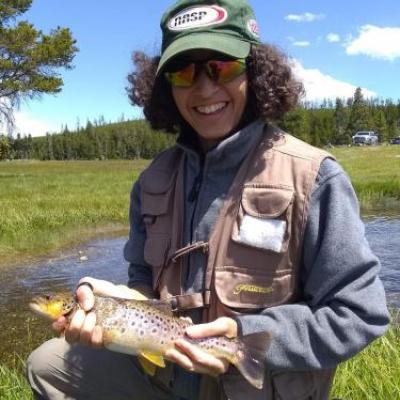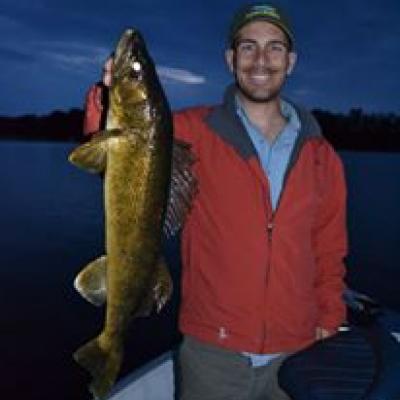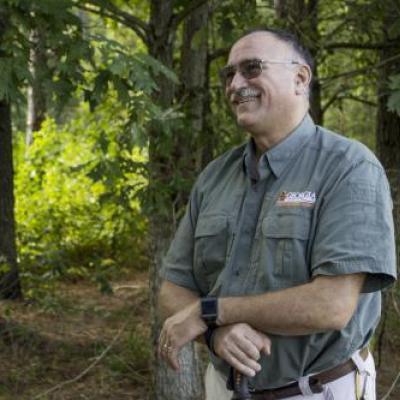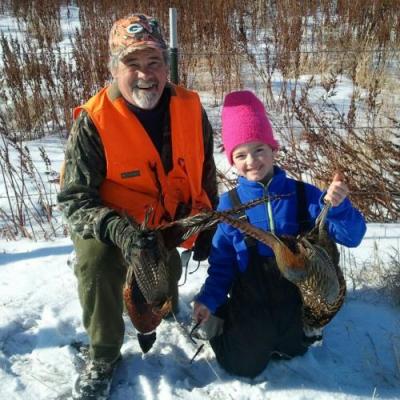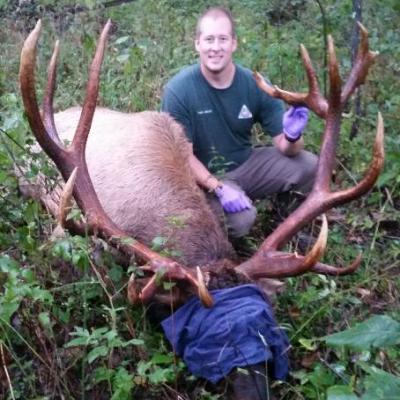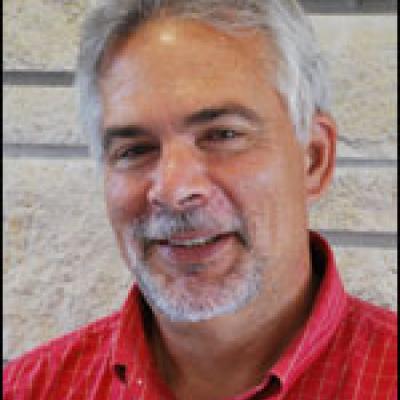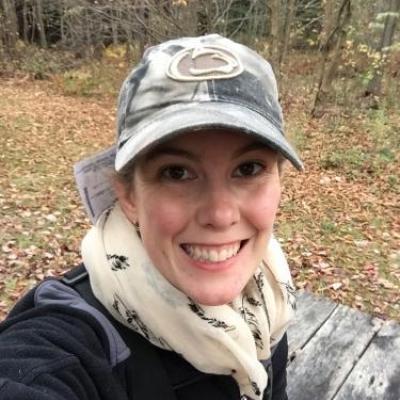Charlie Elliott Wildlife Center
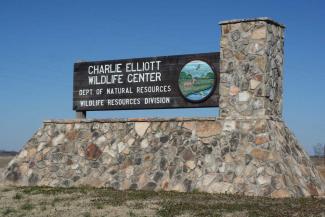
The 6,400-acre Charlie Elliott Wildlife Center, managed by the Georgia Department of Natural Resources, offers a variety of activities and programs. This beautiful area is centrally located in the state in a beautiful wooded setting near Mansfield, Georgia, making it easily accessible from Atlanta, Athens and Macon.
Mansfield, Ga. 30055
On behalf of the Max McGraw Wildlife Foundation, I would like to welcome you to our program. We are pleased you will be participating in our CLfT Professional Workshop in Mansfield, GA at the Charlie Elliott Wildlife Center (CEWC). Your time with CLfT will be informative, busy, fun, and safe.
Hunters and hunting are integral parts of natural resource management and conservation in North America. As such, hunting is nearly impossible to characterize universally. It is, however, an activity fraught with misunderstanding, both positive and negative. At our workshop, we invite you to take a thorough look at hunters and the facts and fiction surrounding hunting in North America. We welcome whatever questions you have, however difficult or sensitive, because they are very likely to be the same ones that you, as a professional, will be asked - regardless of your personal involvement with hunting.
CLfT instructors come from a variety of personal and professional backgrounds, but each of us has a common dedication to science, the practice of natural resource management, and the correlated heritage of hunting and the consumptive uses of wildlife. In addition, we are committed to making your workshop experience informative, memorable, and beneficial to your conservation career.
During the workshop, the instructors will share their knowledge, passion, and experiences via roundtable discussions, technical presentations, and various field exercises, including firearms handling, shotgun shooting, game cleaning and preparation, hunting with dogs and one-on-one interactions. There is also a safe, mentored educational hunt for participants who wish to experience hunting and gain a better understanding of this activity. You are not required to participate in any of the field activities that make you uncomfortable, but we expect all participants to observe, listen, learn, and enjoy.
It is neither the intention nor purpose of the CLfT program, staff, or instructors, to convince you to be a hunter, or recruit you in any way. Our purpose is to provide an opportunity for you to learn about, witness, and briefly experience hunting. Your future personal involvement with hunting and the consumptive uses of wildlife is irrelevant and divergent to the primary concern, objective, and goal of the program. We believe that CLfT will enable you, as you advance in your professional career, to have a better understanding of the biological, social, economic, and personal values associated with the consumptive uses of wildlife, while also gaining an understanding of the role hunting, and hunters have in wildlife conservation and the natural resources profession.
You will be staying on property at the Charlie Elliott Wildlife Center. Our classroom will also be on campus and within walking distance of your lodging and the dining facility. Lodging and all meals are provided and covered under the CLfT Master Bill.
The outdoor field exercises will be conducted even if it is cold, rainy, or snowing, so come prepared for those possibilities. We recommend you check the Mansfield, GA area weather prior to packing.
Please note: We will request that cell phones be turned off, or silenced during workshop hours. You should let family and friends know that you will check messages as time permits. As you have seen on our agenda, we do have long days that extend into the evening after dinner. Mealtimes and late evenings will be your optimal time to call home. NOTE: cellular service at CEWC is spotty, however; they do have good internet service in and around the buildings.
If you have not already done so, please be sure to let us know of any dietary, medical, and or learning needs, or other conditions that might require attention, including necessary use of prescription medication. Such confidential information will be shared only to the extent necessary to ensure participant safety, comfort, and well-being.
We will try to make the workshop as interesting, enlightening and as fun as possible. In any case, it will be safe and an adventure. For additional information on the CLfT program, please visit our webpage at www.clft.org .
See you soon and feel free to contact me with any questions,
David L. Windsor
Director, CLfT
765.427.5712
dave@clft.org
Please bring the following important items:
1. comfortable, warm, outdoor field clothing--not too bulky
2. toiletries
3. cap or headband; (optional for your comfort)
4. gloves (optional for your comfort)
5. rain gear (optional for your comfort)
6. warm, waterproof, hiking/ work style boots
You may also want to consider bringing the following optional items:
7. handwarmers
8. personal snacks
9. Agency marketing and giveaway items (to share with other participants/ NOT REQUIRED)
After graduating from college in Biology, he took a position as the Minnesota "Research Co-coordinator for Scientific and Natural Areas" . After 3 years, he when back to school and became a Chiropractic Physician, moved to Vermont and has been in private practice since 1983. He owns and manages a 50 acre wood lot and spends as much time as possible outdoors.
Rusty was with DNR for 20 years having served most recently as the manager of the Charlie Elliott Wildlife Center in Mansfield, Georgia. He served in numerous other capacities, including Assistant Chief of Game Management, State Coordinator of Project WILD, and Chief of the DNR Mountain Search and Rescue Team. Before his career with DNR, Rusty worked for the University of Georgia Cooperative Extension Service for nearly nine years.
Rusty has served as a CLfT instructor since 2012. He has assists with classes mostly at Charlie Elliott Wildlife Center in Georgia; but also teaches at Max McGraw in Illinois and at facilities in Colorado and Idaho.
Rusty holds the degrees of Bachelor of Science in Animal Sciences and a Master of Science in Wildlife Biology, both from the University of Georgia. He is active in his local community, having previously volunteered as a fire fighter and first responder for his county EMS. Rusty has traveled to over 75 countries while on mission trips and remains active in his local church. He is married to his wife Sue, has three daughters, and is a proud grandfather.
Outreach Programs Chief, Missouri Department of Conservation, January 2004-December 2009
Wildlife Research Supervisor, Missouri Department of Conservation, January 1999-December 2004
Wildlife Research Biologist (wild turkeys, ruffed grouse, forest ecology, agricultural systems), Missouri Department of Conservation, August 1985-December 1998
Wildlife Biologist, Missouri Department of Conservation, January 1979-July 1985
As a Wildlife Research Biologist Mr. Kurzejeski has significant experience in designing and conducting research, often working closely with collaborators at the University of Missouri. His research included work on population dynamics of galliforms; impacts of Federal Farm programs on plant and animal species; influences of forest management on terrestrial and aquatic systems; and measuring the attitudes and preferences of resource user groups. During his career with the Department of Conservation his work involved both the biological and social sides of natural resource management. He led many agency-wide communication efforts aimed at gleaning public input from Missouri citizens. He supervised staff responsible for the development of hunting regulations and worked closely with all aspects of regulatory process.
Prior to joining GA-DNR, Bruce enjoyed a 32-year career in public education, first as a county extension agent with the University of Georgia Cooperative Extension Service, followed by a stint as a high school agricultural education teacher and finally as K-8 school library media specialist. He earned his BSA and MS in Animal Science from the University of Georgia as well as an EDS in Agricultural Education.
He grew up on a small, diversified farm in Georgia and began hunting and shooting at a very early age. Some of his best hunting memories are chasing rabbits and squirrels with a single shot .410 shotgun when he was about 11 years old.

